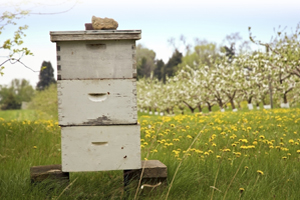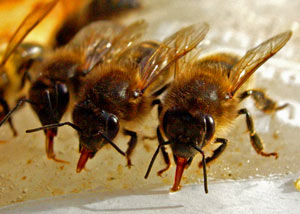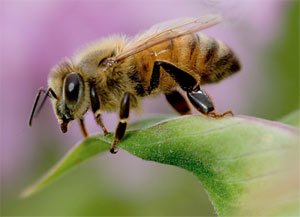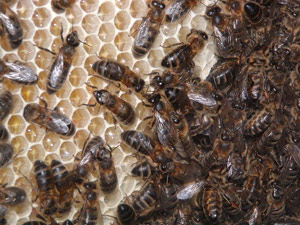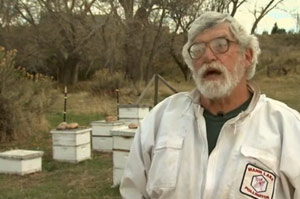Posted at 14:53h
in
Uncategorized
The impact of pesticides on declining bee health will be a central theme of Healthy Communities: Green solutions for safe environments, the 30th National Pesticide Forum, March 30-31 at Yale University in New Haven, CT. Join researchers, authors, beekeepers, organic business leaders, elected officials, activists,...
Posted at 14:36h
in
Uncategorized
A study by researchers at the University of Padova in Italy and published in the journal Environmental Science and Technology has confirmed the findings of previous research showing that honey bees are exposed to toxic neonicotinoid insecticides during spring seed planting. Neonicotinoids are known to...
Posted at 01:29h
in
Uncategorized
The online journal PLoS One released two bee studies last week: one on an old parasite newly found in honey bees, the other confirming that bees are being poisoned by the controversial pesticide clothianidin in and around the 88 million acres of U.S. countryside planted...
Posted at 23:28h
in
Uncategorized
With little fanfare, pesticide manufacturer Bayer has asked California regulators to limit the use of one of their most profitable products, imidacloprid.Rather than undergo the public scrutiny and cost involved in a state-mandated re-evaluation of the pesticide's impact on bees, emerging reports say the company...
Posted at 19:06h
in
Uncategorized
New science confirms that honey bees are at great risk when simultaneously exposed to parasites and pesticides.Two pesticides of concern, fipronil and thiacloprid (a neonicotinoid), operate in combination with a common pathogen to dramatically increase bee death. And they do so at very low, sub-lethal...
Posted at 09:22h
in
Uncategorized
Help start a national conversation on pesticides and bees by spreading the word about this hard-hitting, in-depth investigative report.Dan Rather's investigative reporting team has produced a follow-up to their 2006 inquiry into Colony Collapse Disorder. Five years later, the situation remains substantively unaddressed by EPA.Honey...


